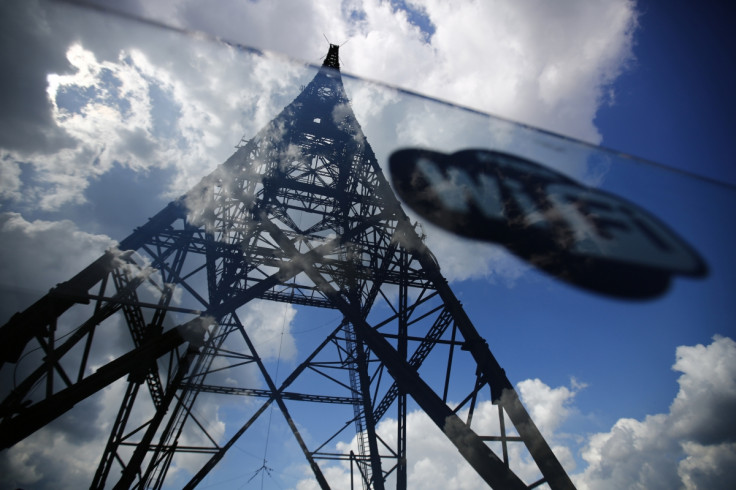Italian town shuts off school Wi-Fi over health fears of electromagnetic waves for children

An Italian mayor has made the controversial decision to turn off Wi-Fi in two of its schools over fears that the electromagnetic waves emitted from routers could be harmful to children. The town of Borgofranco d'lvra in Piedmont is to see the schools use ethernet cables after mayor Livio Tola read on the internet that there is a potential health risk for children from wireless routers.
Without any hard scientific evidence that Wi-Fi could be damaging to their health, however, he ordered the town's primary and secondary school to switch off their Wi-Fi and plug in instead.
"It's not that we're against technology, our choice is merely a precautionary measure," La Stampa reported mayor Tola as saying. "We cannot say with certainty if these electromagnetic waves are dangerous for children or not. Who knows? In 20 years' time some people might thank us for it," he added.
Many stories you read about the dangers of Wi-Fi can be misleading and sensationalist, and this appears to be a case of someone who has read too many of the wrong headlines. The World Health Organisation (WHO) continues to research into the effects of wireless routers, and while classifying the radio-frequency waves from wireless routers in a category that is 'possibly carcinogenic', it's worth keeping in mind that coffee is given the same classification. The WHO still classes exposure to Wi-Fi thousands of times below international standards of safety.
While wireless routers do emit radiation, as do televisions, wireless doorbells and baby monitors. The type of radiation emitted by Wi-Fi is extremely low-energy and non-ionising, meaning that it doesn't have the power to affect human cells. Sunlight is far more dangerous and ionising, with the strength to alter the DNA composition and cause cancer.
There are, however, some rare conditions whereby individuals have been known to be allergic to Wi-Fi. Known as electro-hypersensitivity, one tragic case ended in a girl from the UK taking her own life after she complained of the illness that caused debilitating migraines, fatigue and bladder problems.
The decision has sparked outrage from the town's councillors and parents of school pupils, who claim there's no scientific research to prove the move, and say that it would prevent wireless education devices such as tablets being used in the classroom. On top of that, former mayor Fausto Francisca called the decision short-sighted as children are constantly being exposed to electromagnetic waves from all manner of wireless devices elsewhere. "What's the point? We already have Wi-Fi in two of the town's squares and in our library – places where children also spend a lot of time," Francisca said.
Despite science leaning heavily towards the view that Wi-Fi's electromagnetic waves don't pose serious risk to health, without concrete proof, people will continue to panic and worry about whether those Wi-Fi rays are harming their body. But if you don't worry about microwaving your food or walking outside (radiation from cosmic rays is constantly beating down on us), you can leave your wireless router on with confidence.
© Copyright IBTimes 2024. All rights reserved.






